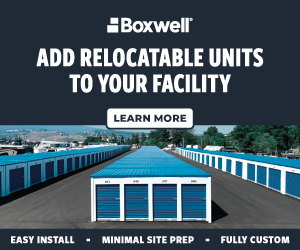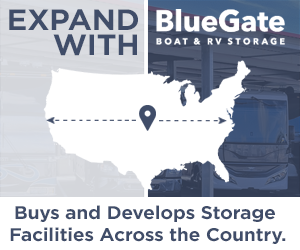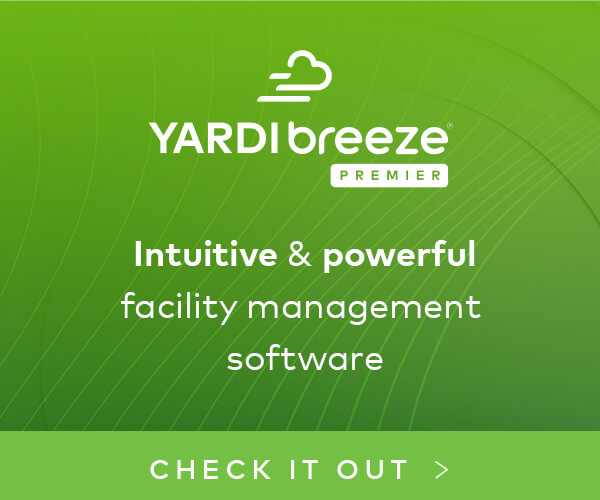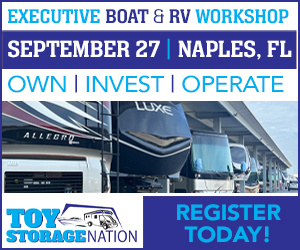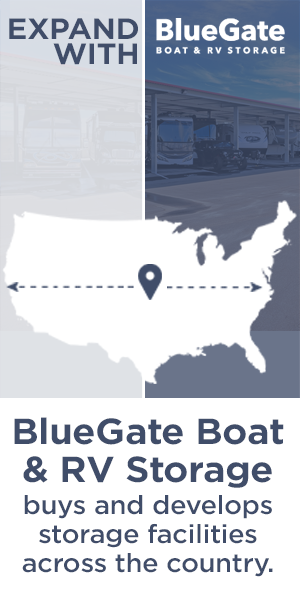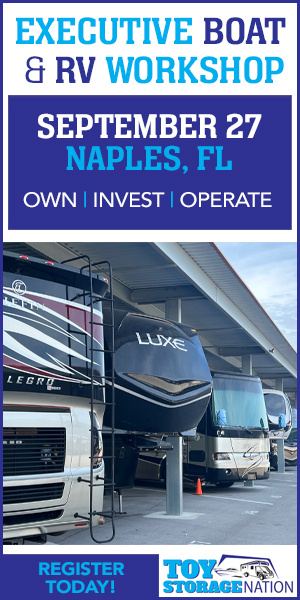
The owner-tenant relationship is the central element in the successful operation of a storage facility. The rental agreement is at the heart of that owner-tenant relationship. The rental agreement sets forth the terms of the tenant’s occupancy in the storage space. Still, it must also comply with state law and include several provisions that protect the owner. Consequently, you need to ensure that your rental agreement addresses specific topics, each addressed hereafter.
Follow Your State’s Self Storage Law
Almost every state self-storage law requires that specific language be included in the rental agreement, including, but not limited to, language to notify the tenant of the owner’s right to lien its tenant’s goods and sell those goods once the tenant is in default. Some state laws require that specific language is in bold print or that the print is a larger type size. It is critical that whatever is required by the statute be included in the rental agreement. Courts will likely not uphold a facility’s lien enforcement rights if the facility has not adequately complied with the statute’s requirements. If your rental agreement is a few years old, it is important to check your state’s self-storage law to confirm that no recent changes have been made that would require changes to your rental agreement.
Contractual Lien on Property
While the self-storage act provides the owner with a storage lien, given that vehicle and boat storage are not the typical self-storage property, it is a good practice to include language in the rental agreement also providing the owner with a contractual lien and a security interest in the vehicle or boat and all other property of whatever kind that is located in or attached to the vehicle or boat. This language should incorporate the Uniform Commercial Code and can allow the owner to foreclose on the contractual lien if the storage lien is unavailable.
List All Fees
When a tenant’s account goes into default for the failure to pay rent and other charges, owners incur costs in handling the defaulted account and enforcing the owner’s lien. Some of these fees, such as late fees, are established by the state self-storage law and are required to be listed in the rental agreement for the owner to charge the fee to the tenant. Most other fees are not set out by the state self-storage law and must be listed in the rental agreement to be charged. In terms of best practices, all fees should be listed clearly, with a brief explanation of when and why they are charged. Further, it is essential to note that fees should not be a penalty but should be a reasonable estimate of the actual costs incurred by the owner for that action.
Limitation of Liability
The rental agreement should provide language to potentially limit a self-storage owner’s liability in case of tenant claims. There should be a limitation of value provision, which explains that the property’s value to be stored cannot exceed a certain amount (commonly $5,000) unless previously approved in writing by the facility owner. Under this type of provision, the facility would allow a tenant to store property with a value greater than $5,000 (such as for some vehicles and boats) under a separate addendum to the rental agreement if the tenant could provide proof of insurance for 100% of the estimated value of the property. There should also be a statement in the agreement that the tenant agrees not to store property with special or sentimental value. The tenant waives explicitly its right to make claims for emotional attachment to its stored property.
Release of Liability
The rental agreement should also specifically address the tenant’s release of liability against the owner. The language in the agreement would generally include statements that the property is stored at the “sole risk” of the tenant and that the owner is not liable for the “loss of or damage to” the tenant’s personal property due to burglary, mysterious disappearance, fire, water damage, mold, mildew, rodents, insects, and acts of God. The inclusion of a release of liability provision and a requirement to obtain insurance for the stored property (see below) can help defend tenant claims of loss of or damage to the stored property.
Insurance
One of the most critical clauses in a self-storage rental agreement involves the issue of tenant insurance. This provision should state clearly that the tenant is obligated to obtain its own insurance to protect the value of its stored property. The provision would provide that the requirement to obtain insurance is a material condition of the agreement and that the failure to obtain such insurance would breach the agreement. Certainly, the agreement should identify that the tenant has the right to be self-insured but assumes the full risk for the loss or damage to its stored property. The rental agreement should also include a space whereby the tenant provides the insurance policy’s information on the vehicle or boat.
Proof of Ownership; Description of Property; Lienholders
To ensure that the tenant is the rightful owner of the vehicle or boat being stored, the rental agreement should include a provision requiring the tenant to provide copies of all documentation to demonstrate proof of ownership. The provision should also include space to write down the vehicle or boat registration information (such as registered owner, address, date of expiration of the registration). The agreement should also include space for the tenant to identify the vehicle or boat (make/model/year, VIN, license number, etc.). Finally, there should be space for the tenant to list all lienholders and secured parties with an interest in the stored vehicle or boat. This information is vital as the owner will need to contact all lienholders should the tenant go into default.
Ancillary or Special Services Provided at Facility
If the owner is going to provide any ancillary or special services at the facility for the tenants’ vehicles or boats, those services should be addressed in a provision in the rental agreement along with language that use of any amenity is solely at the tenant’s risk and no warranty of any kind or guarantee of use is made as to any amenity. If any fees are required for the use of the amenity, those fees should also be specified clearly in the rental agreement.
Your rental agreement does not have to be perfect. It should, however, include language specific to the storage of vehicles and boats and provide adequate protection for the owner. If you haven’t done so in a while, take some time to read your agreement and see if it complies with state law and addresses your operation’s relevant issues.











